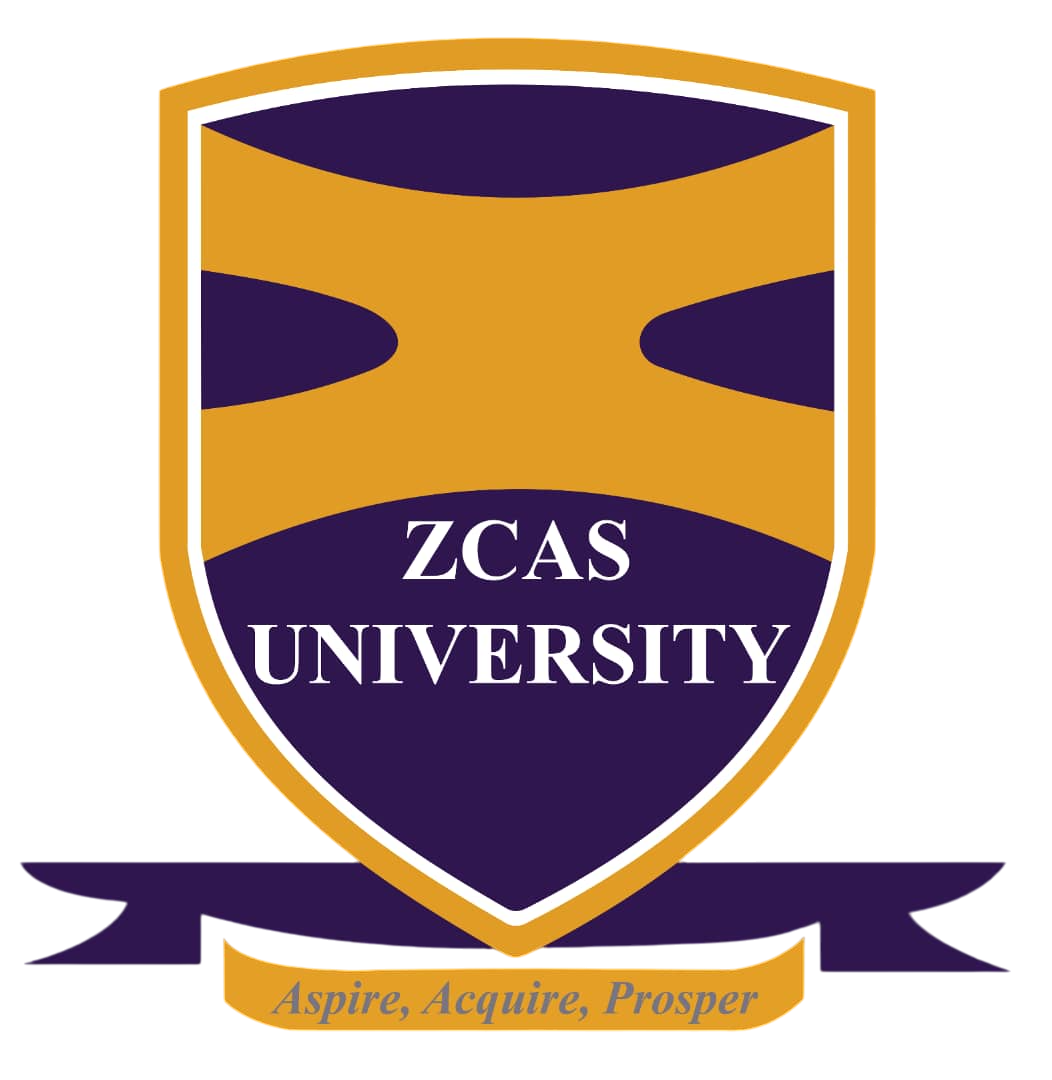The area of security and crime science is one which is not well developed in Zambia. Levels of crime across the broad spectrum have been increasing and solving some of these have been a challenge. The Bachelor of Science in Security and Crime Science (BSC) programme is aimed at creating a new generation of leaders in the crime, intelligence and security sectors of the Zambian society, people who will be able to solve a variety of crimes but particularly those related to computer crimes. In the programmes, use will be made of science from different disciplines ranging from psychology, political science, statistics, computer science and forensic sciences in tackling real world crime problems and develop creative and ethical ways to increase security in a changing world.
The aim of the Bachelor of Science in Security and Crime Science programme is to equip candidates with specialist knowledge about intelligence and forensics, as well as transferable skills in statistics, pattern analysis system design and project management.
To qualify for admission to the Bachelor of Science in Security and Crime Science (BSC) Degree Programme an applicant must have a minimum of five credits at O’ level or a holder of Grade 12 certificate including English and Mathematics and must satisfy the entrance requirements of the Bachelor of Science in Security and Crime Science (BSC) programme which are:
- Holder of a Grade 12 Certificate
- Holder of any other relevant advanced diploma in ICT or related field
- Holder of any relevant 3 year diploma in any ICT or related area from a reputable college or university
- Three ‘A’ level passes including Mathematics or equivalent
- People with relevant security and crime experience supported by appropriate CV and reference(s) may be admitted on mature-age basis subject to approval by an admissions panel.
The programme runs for four years on full time, part time and distance education and not more than five academic years in case of any eventualities or unforeseen circumstances.
| Semester 1 | Semester 2 | ||
| Course Code | Course Title | Course Code | Course Title |
| SMS1281 | Academic Writing | CIT1742 | Professional Ethics in Computing |
| CCS1401 | Computing and ICT Skills | CIT1342 | Introduction to Security and Crime Science |
| CCS1601 | IoT Fundamentals: Connecting Things | CCS1412 | Fundamentals of Digital Logic Design |
| CCS1501 | Engineering Mathematics | CCS1102 | Fundamentals of Programming |
| Semester 1 | Semester 2 | ||
| Course Code | Course Title | Course Code | Course Title |
| CIT2341 | Crime Mapping | CCS2612 | Data Communication and Computer Networks |
| CIT2641 | Introduction to Databases | CIT2342 | Human Security |
| CCS2301 | Operating Systems Concepts | CCS2412 | Computer Organization and Architecture |
| CCS2121 | Object-Oriented Programming | CIT2362 | White-Collar Crime and Society |
| Semester 1 | Semester 2 | ||
| Course Code | Course Title | Course Code | Course Title |
| CIT3341 | e-Commerce and Security | CIT3342 | Hacking Theory and Practice |
| CIT3371 | Criminal Investigation and Investigative Interviewing |
CAS3182 | Artificial Intelligence and Decision Support Systems |
| CIT3361 | Business Continuity and Recovery Management |
CIT3382 | Critical Infrastructure Protection |
| CIT3311 | Computer and Network Security | CIT3372 | CCNA Security |
| CCS3900 | Industrial Attachement | ||
| Semester 1 | Semester 2 | ||
| Course Code | Course Title | Course Code | Course Title |
| CIT4361 | Digital Forensic | CIT4362 | Terrorism and Criminology |
| CIT4381 | Corporate Security, Security Policy and Standardisation |
SLA4442 | Cyber Law and the Internet |
| CCS4711 | Cryptography and Applications | BBA4232 | Innovation and Entrepreneurship |
| CCS4801 | Software Research Tools and Techniques | CCS4802 | Computing Project |
FEES
You can download this ZCAS University Fees list by clicking on the link below:
You can view the bank details here:
Course Features
- Lectures 0
- Quizzes 0
- Duration 10 weeks
- Skill level All levels
- Language English
- Students 0
- Assessments Yes




